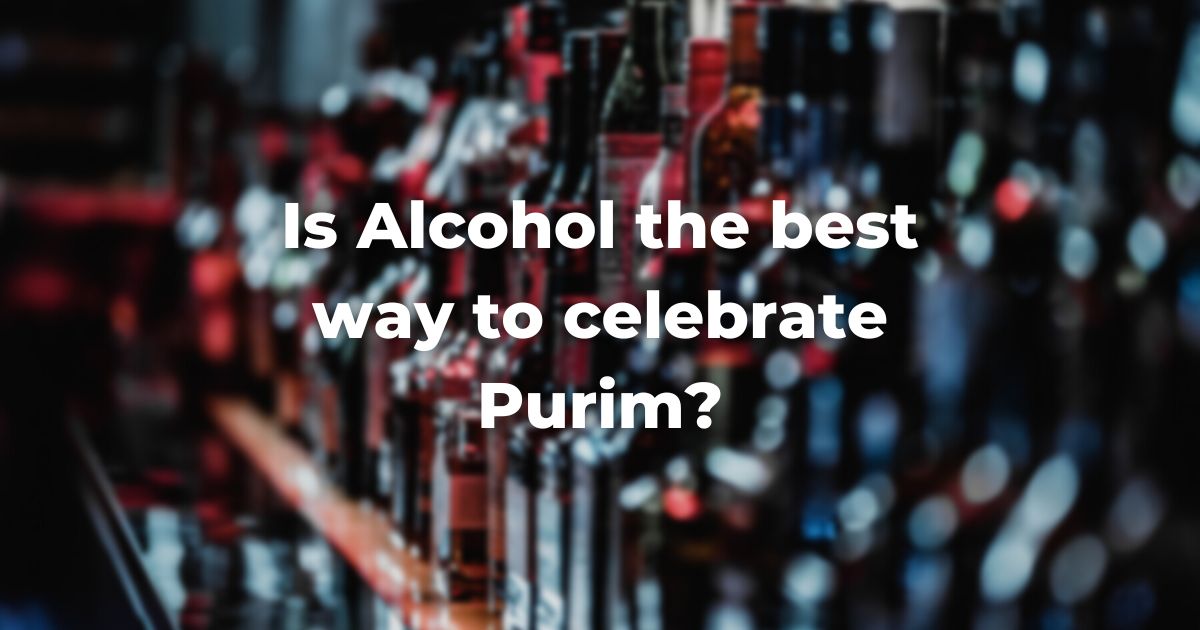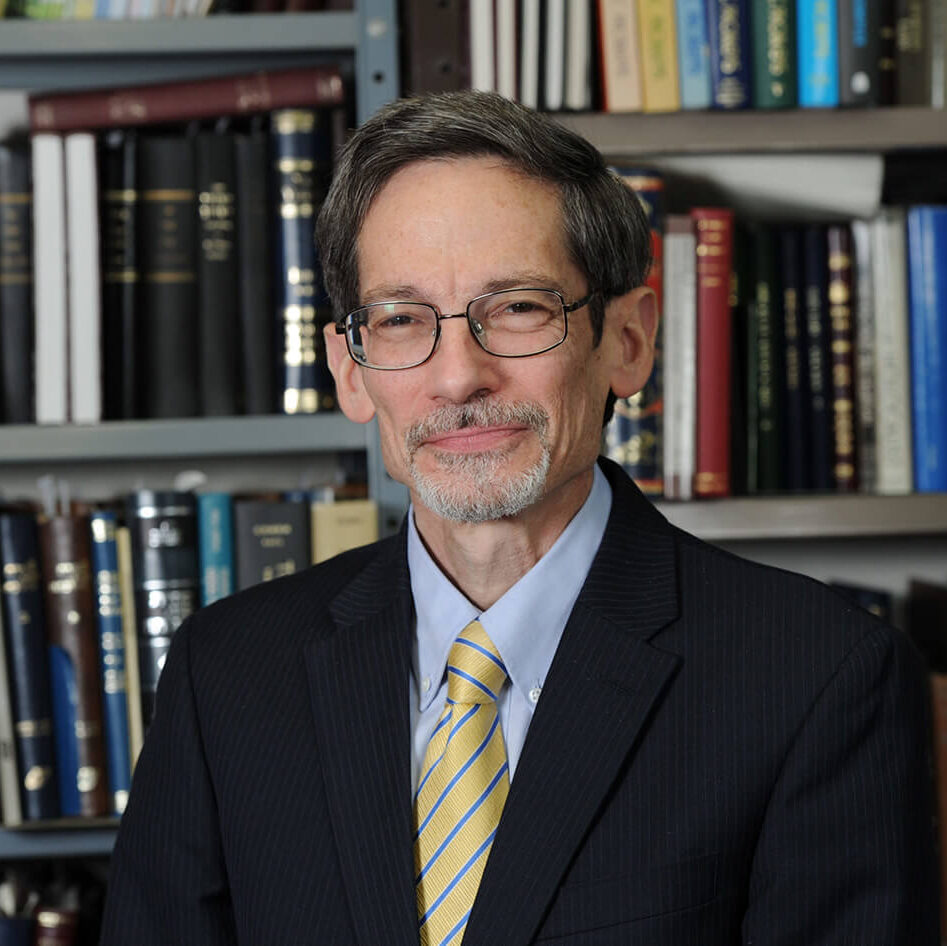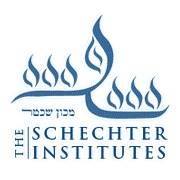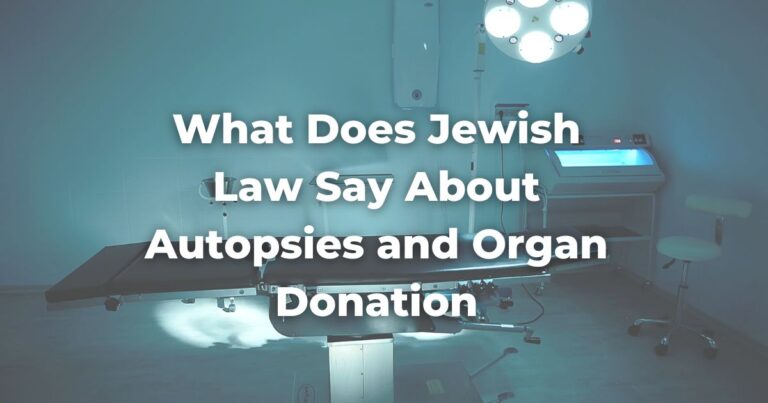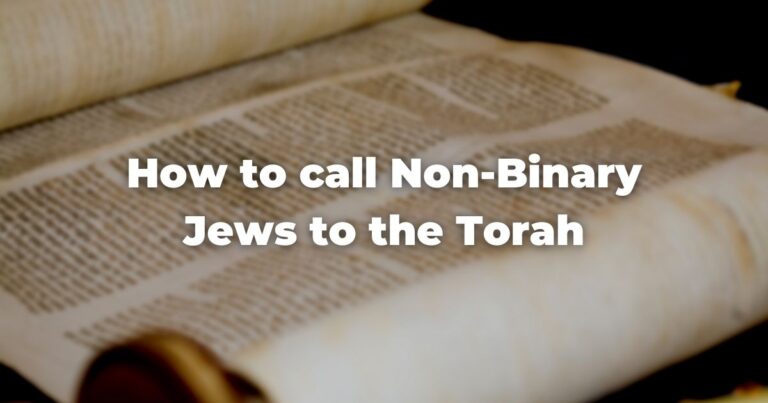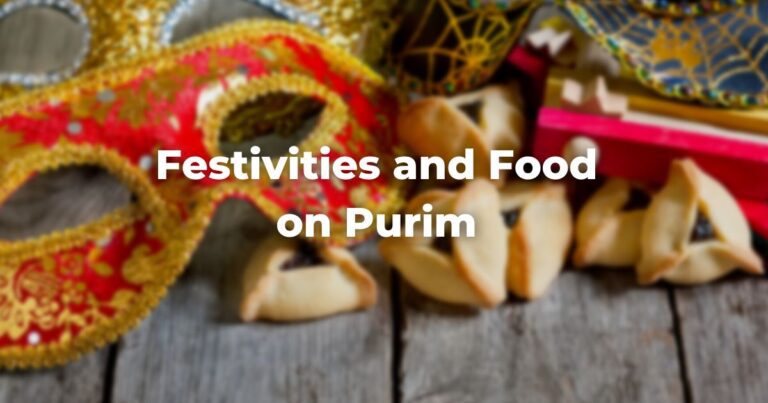Question: According to a well-known custom, drinking – and drinking to excess – on Purim is required for Jews celebrating the holiday. What is the origin of this custom? Are Jews really required to get drunk on Purim?
Answer:
The Jewish people throughout history has always opposed drunkenness. That is the message of the stories of Noah and Lot (Genesis 9:18-27 and Genesis 19:29-38) as well as of the book of Proverbs (23:30-35). In Leviticus 10:1-2, Nadav and Avihu, sons of Aaron, are killed. According to one midrashThis word is used in two ways, as both a concept and a literature. As a concept, midrash is the expansive interpretation of biblical texts. The term is used to describe the practice of rabbinic interpretation. As a text, it refers to specific collections of interpretations, particularly from the third to ninth centuries in the Land of Israel and Babylonia. Plural: Midrashim
Read more in Leviticus Rabbah 20:9 and others, it was because they were drunk!
In other Jewish texts, drunkenness leads to forbidden sexual relations such as the TalmudReferring to one of two collections, the Jerusalem and Babylonian Talmuds, edited in the 6th century, that contains hundreds of years of commentary, discussion, and exploration of the ideas in the Mishnah. One could describe it as Mishnah + Gemara = Talmud Read more relates in Ketubot 65a and in a midrash from Numbers Rabbah 10:3. If that is not enough, the Talmud in Sanhedrin 70b states, “there is nothing that causes a person greater lamentation than wine.”
So, what are we to make of the primary Talmudic source related to drinking on Purim from Megillah 7b?
“Rava said: a person is obligated to become intoxicated on Purim until he does not know the difference between ‘cursed be Haman’ and ‘blessed be Mordekhai.’”
אמר רבא: מחייב איניש לבסומי בפוריא עד דלא ידע בין ארור המן לברוך מרדכי
Here, the Talmud relates this story:
“Rabbah and Rabbi Zeira made a Purim feast together. They became intoxicated. Rabbah stood up and killed Rabbi Zeira. On the morrow, Rabbah prayed and revived him. The following year, [Rabbah] said to him: ‘Let Master come and we will make the Purim feast together!’ Rabbi Zeira replied: ‘Miracles don’t happen every hour.’”
Poskim, halakhic authorities, throughout the generations felt very uncomfortable with Rava’s demand for drinking on Purim, and therefore found methods to limit or circumvent the requirement.
Conclusion:
In recent years, we have witnessed a marked increase in the use of wine, alcohol and drugs leading to accidents, injuries and substance abuse. The poskim understood this significant difference. These are the ways of Noah, Lot and Ahashverosh – not of the Jewish people throughout its history. That is why many of them ruled: ‘joy of delight’ – yes, ‘debauchery and foolishness’ – no.
May we remember this crucial difference both on Purim and throughout the year.
For the complete version of this Responsum, please see: https://schechter.edu/just-how-drunk-should-a-jew-get-on-purim-responsa-in-a-moment-volume-7-issue-no-5-february-2013/
Authors
-

Rabbi Prof. David Golinkin is President of The Schechter Institutes, Inc. and President Emeritus of the Schechter Institute of Jewish Studies, where he also serves as a professor of Talmud and Jewish Law. For twenty years he served as Chair of the Va’ad Halaakhah (Law Committee) of the Rabbinical Assembly which gives halakhic guidance to the Masorti Movement in Israel. He is the founder of the Institute of Applied Halakhah at Schechter and also directs the Center for Women in Jewish Law. If you would like to read any of his close to 200 Responsa, please visit https://schechter.edu/responsa-by-david-golinkin/ To receive his Responsa six times a year, please send an email to Josh@schechter.ac.il
View all posts -

The Schechter Institutes is an academic and educational institution dedicated to ensuring, through Jewish education, the future of Israel as a democratic state, secure in its Jewish roots.
View all posts

